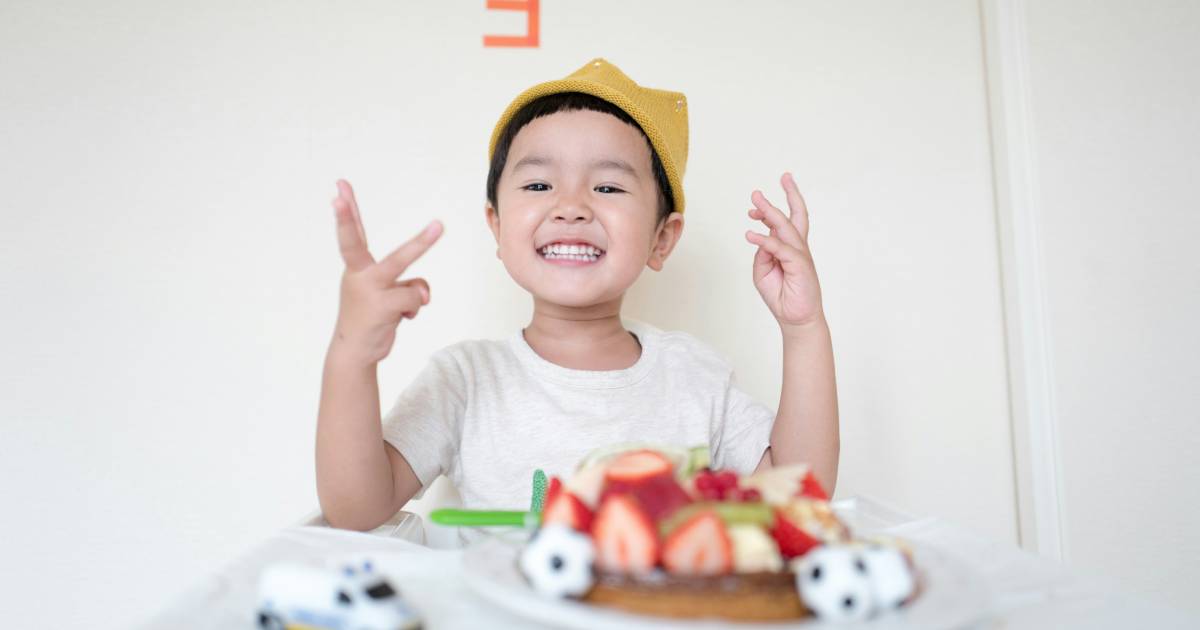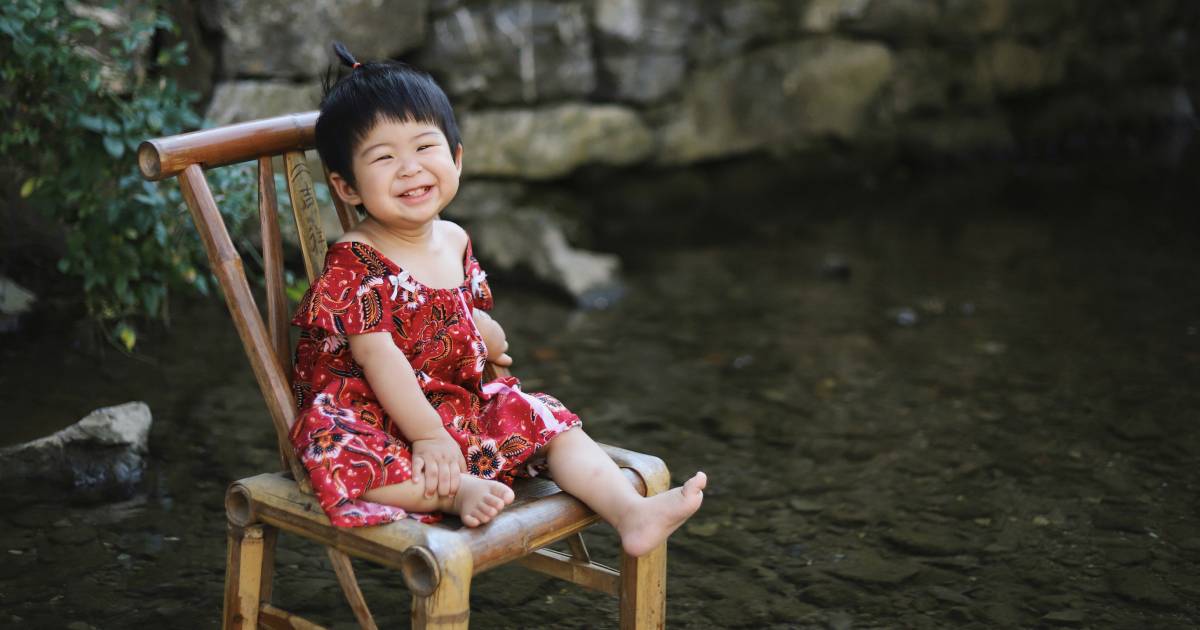Dec 09, 2024
Watching your toddler interact with others is a heartwarming and sometimes hilarious experience. But behind those first playdates and shy exchanges lies an important journey, building social skills.
Developing friendships and confidence during the toddler years is key to your child's emotional and social growth, helping them navigate the world with empathy and resilience.
In this article, we'll explore practical tips and strategies to nurture your toddler's budding social skills, support their confidence, and lay the foundation for meaningful connections that will last a lifetime.
Toddlers are naturally curious and eager to explore their environment, including interactions with peers.
However, their social skills are still developing, and they often rely on parents and caregivers for guidance. At this stage, behaviours like parallel play (playing alongside other kids without much interaction) and occasional conflicts are completely normal.
Encourage patience, model good behaviour, and celebrate small social successes to help your child gradually build their skills.

Playtime is one of the most effective ways for toddlers to develop social skills. Whether it's at the park, daycare, or a playgroup, these interactions help them learn concepts like sharing, turn-taking, and co-operation.
Tips for success:
Empathy is a cornerstone of building strong relationships, and you can teach this skill even at a young age. Start by helping your toddler identify and understand emotions, both their own and others'.
How to teach empathy:
Children often learn by observing their parents and caregivers. Be mindful of how you interact with others, as your actions set the tone for your toddler's behaviour.
Examples of modelling:

Confidence is closely tied to social skills. When toddlers feel secure in their abilities, they are more likely to engage positively with peers. Help them build confidence by acknowledging their achievements, no matter how small.
Ways to encourage confidence:
Some toddlers may struggle with shyness, while others may display aggressive tendencies during social interactions. These behaviours are common and can be addressed with patience and consistency.
For shy toddlers:
Avoid forcing them into social situations; let them warm up at their own pace.
Encourage smaller, quieter playdates to help them feel comfortable.
For aggressive behaviour:
Address it calmly but firmly, explaining why certain actions are hurtful.
Teach alternative ways to express frustration, like using words or seeking help from an adult.
Developing social skills is a gradual process, but with your support, your toddler can grow into a confident and compassionate individual. Celebrate their milestones, no matter how small, and remember that every interaction is an opportunity to learn.

By fostering empathy, modelling good behaviour, and encouraging positive playtime experiences, you're giving your child the tools they need to build meaningful friendships and face the world with confidence. Keep nurturing their social journey, and watch them thrive!
[[nid:709820]]